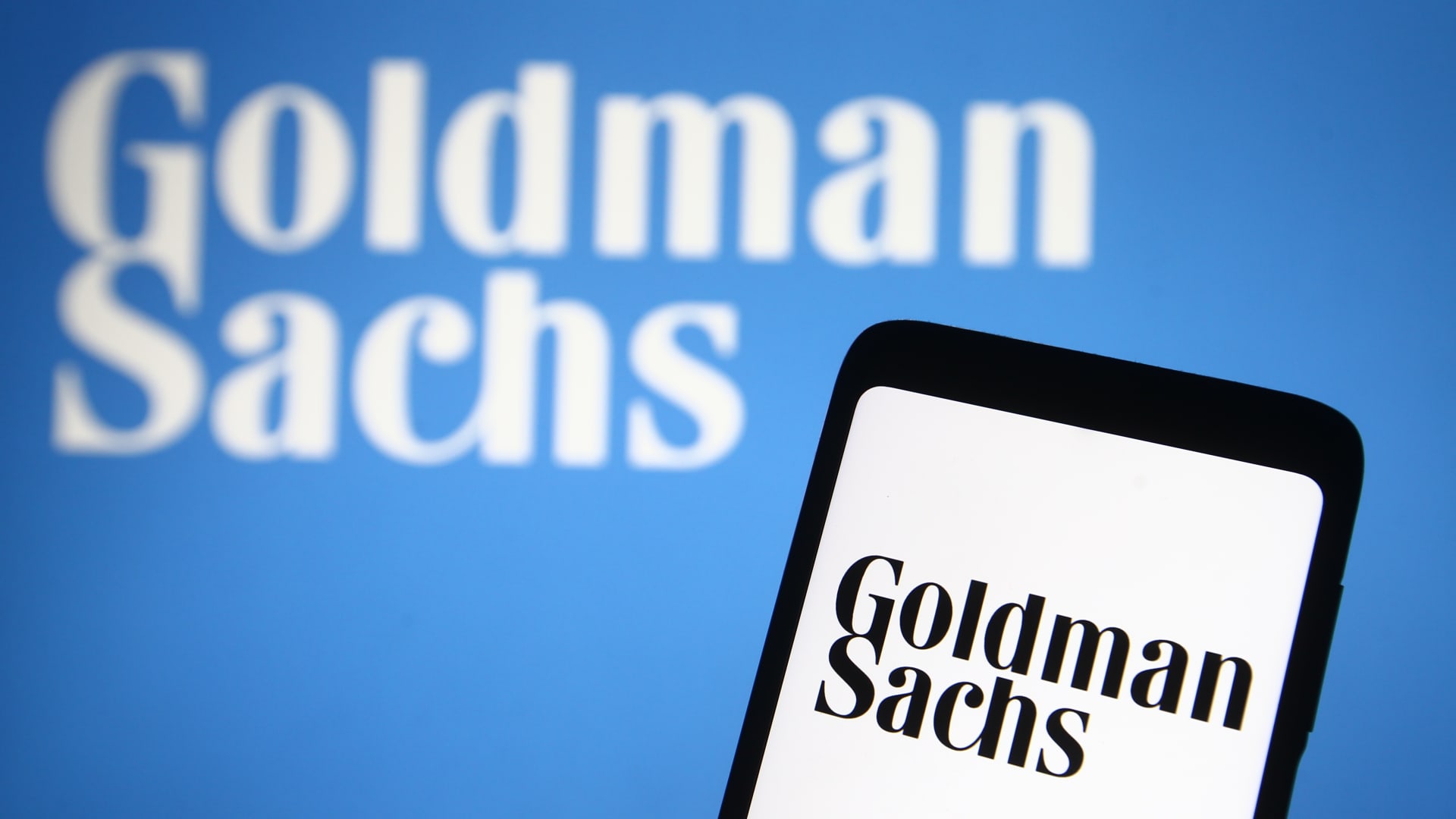
Pavlo Gonchar | LightRocket | Getty Images
Goldman Sachs said Tuesday it will lift all its Covid-19 requirements in most offices beginning Sept. 6, in response to new guidance from federal health officials.
According to a memo sent Tuesday and obtained by CNBC, the bank said will no longer require its workers to be vaccinated to enter its offices or to test and wear face coverings. The policy applies to most offices with the exception of those in Lima and New York City.
Unvaccinated employees in New York City will still need an approved religious or medical exemption to enter the bank’s office spaces, according to the memo.
Goldman said the policy reflects updated guidance from the Centers for Disease Control and Prevention, which no longer distinguishes between vaccinated and unvaccinated individuals. The company said it also reflects that treatments, testing and vaccinations have made the risk of severe illness for Covid-19 less likely.
The bank plans to continue contact tracing efforts but expects to end its program of distributing free antigen test kits at its offices by the end of 2022, according to the memo. Though employees purchasing tests can apply for reimbursement through their insurance coverage.
Companies have been adapting protocols to adjust to the latest developments in the pandemic. Many also are working to bring workers back in person more than two years after lockdowns began.
Goldman’s memo didn’t specifically mention its return to office policy. The bank first asked employees to come back to the office in June 2021. There was a brief pause of this policy amid an omicron surge during the winter. By May, the company told CNBC that between 50% and 60% of staff had returned to the office.
In the memo Tuesday, Goldman encouraged employees who have not come into the office regularly to speak with their managers to make sure they are conforming to “current return to office expectations.”
Like JPMorgan, Goldman was early in asking employees to return to the office, saying in-person attendance was needed for mentorship and building a company culture. CEO David Solomon has called the remote work era “an aberration.”
— Leslie Picker contributed reporting.
